Pain Genetics Basic to Translational Science
| Publisher |
Wiley – Blackwell |
|---|---|
| Language |
English |
| Edition |
1st |
| Format |
Publisher PDF |
| ISBN 10 |
111839884X |
| ISBN 13 |
978-1118398845 |
- Best Price Guaranteed
- Best Version Available
- Free Pre‑Purchase Consultation
- Immediate Access After Purchase
$22.00
Pain Genetics Basic to Translational Science
“Pain Genetics: Basic to Translational Science” represents a timely amalgamation of the fundamental areas of study that contribute to our comprehension of the genetic foundation of pain. Commencing with fundamental details about the basic genetic processes that underlie the perception of pain, the book subsequently delves into newly unearthed intricate theories that challenge the domain.
The scope of the book is extensive, thus serving as an exceptional point of entry for grasping the genetics of pain while concurrently offering a consolidated source for seasoned researchers who seek a more profound insight into the varied research strands within this field. The selection of contributors for this book was meticulously carried out to offer a wide spectrum of viewpoints and research perspectives, rendering “Pain Genetics” a valuable asset for geneticists, neuroscientists, and professionals in the biomedical realm.
This book is poised to make a significant impact by providing a comprehensive overview of the genetic aspects of pain, thereby contributing to the advancement of knowledge in this crucial area of research. Its multifaceted approach ensures that it appeals to a broad audience and will likely become a cornerstone text in the field of pain genetics.
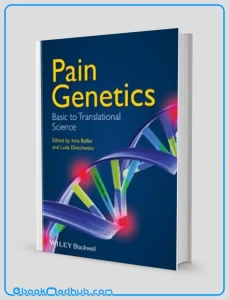
Pain Genetics Basic to Translational Science
Key Features
The main characteristics of “Pain Genetics Basic to Translational Science” encompass a wide array of elements. Firstly, the book offers a comprehensive coverage of the genetic underpinnings of pain, delving into both fundamental genetic processes and recent intricate concepts within the discipline.
This in-depth exploration provides readers with a nuanced understanding of the genetic mechanisms involved in pain perception. Secondly, the inclusion of contributions from a carefully chosen group of experts brings diverse perspectives and research threads to the forefront, catering to individuals who are new to the field as well as seasoned researchers.
These varied viewpoints contribute to a rich tapestry of knowledge within the book, enriching the reader’s experience and expanding their horizons. Furthermore, “Pain Genetics Basic to Translational Science” presents a timely synthesis of the most recent advancements in pain genetics, serving as a valuable resource for individuals seeking to stay abreast of the rapid developments in this area of study.
By consolidating the latest research findings, the book offers readers a current and relevant overview of the field, fostering a deeper understanding of the subject matter. Additionally, the book acts as a pivotal entry point for those interested in gaining insight into the genetic dimensions of pain, elucidating complex genetic concepts in a clear and accessible manner.
This aspect of the book is particularly beneficial for individuals looking to initiate their exploration of pain genetics or expand their existing knowledge base. Lastly, “Pain Genetics Basic to Translational Science” is tailored to a broad audience comprising geneticists, neuroscientists, and biomedical professionals, ensuring its applicability to a diverse group of individuals engaged in pain genetics research.
This inclusive approach underscores the book’s relevance and utility across different disciplines within the scientific community, fostering collaboration and knowledge exchange among experts from various backgrounds.

Pain Genetics Basic to Translational Science
Summary
“Pain Genetics Basic to Translational Science” delves into a comprehensive analysis of the genetic components that are at the core of pain perception and chronic pain conditions. This publication is a significant and thorough resource for individuals such as researchers, geneticists, neuroscientists, and healthcare professionals who have a vested interest in gaining insights into the complex interplay between genetics and pain.
The exploration in Pain Genetics Basic to Translational Science commences by shedding light on the fundamental genetic processes that play a role in pain perception and subsequently progresses to examine the most recent advancements in the domain, presenting a diverse range of viewpoints and research discoveries.
By drawing upon a select group of contributors, the book provides a multidimensional perspective on the genetic aspects of pain, thus positioning itself as an indispensable point of reference for those who are keen on understanding the various threads of research in this particular realm.
Regardless of whether one is an experienced researcher or a newcomer to the discipline, “Pain Genetics Basic to Translational Science” serves as a source of informative and current insights into the genetic underpinnings of pain, thereby paving the way for novel strategies in pain management and the realm of personalized medicine.

Pain Genetics Basic to Translational Science
This website offers ( Pain Genetics Basic to Translational Science ) with just a few clicks.
The website strives to provide you with simple access to the medical field as well as readily available information that you can download.
You can download all of the books at a reasonable price and get the most recent scientific data in the world of medicine anytime you want at ebookmedhub.com.
Other Products :
RAPHEX 2023 Diagnostic Exam and Answers (High Quality Image PDF)
RAPHEX 2023 Therapy Exam and Answers (High Quality Image PDF)



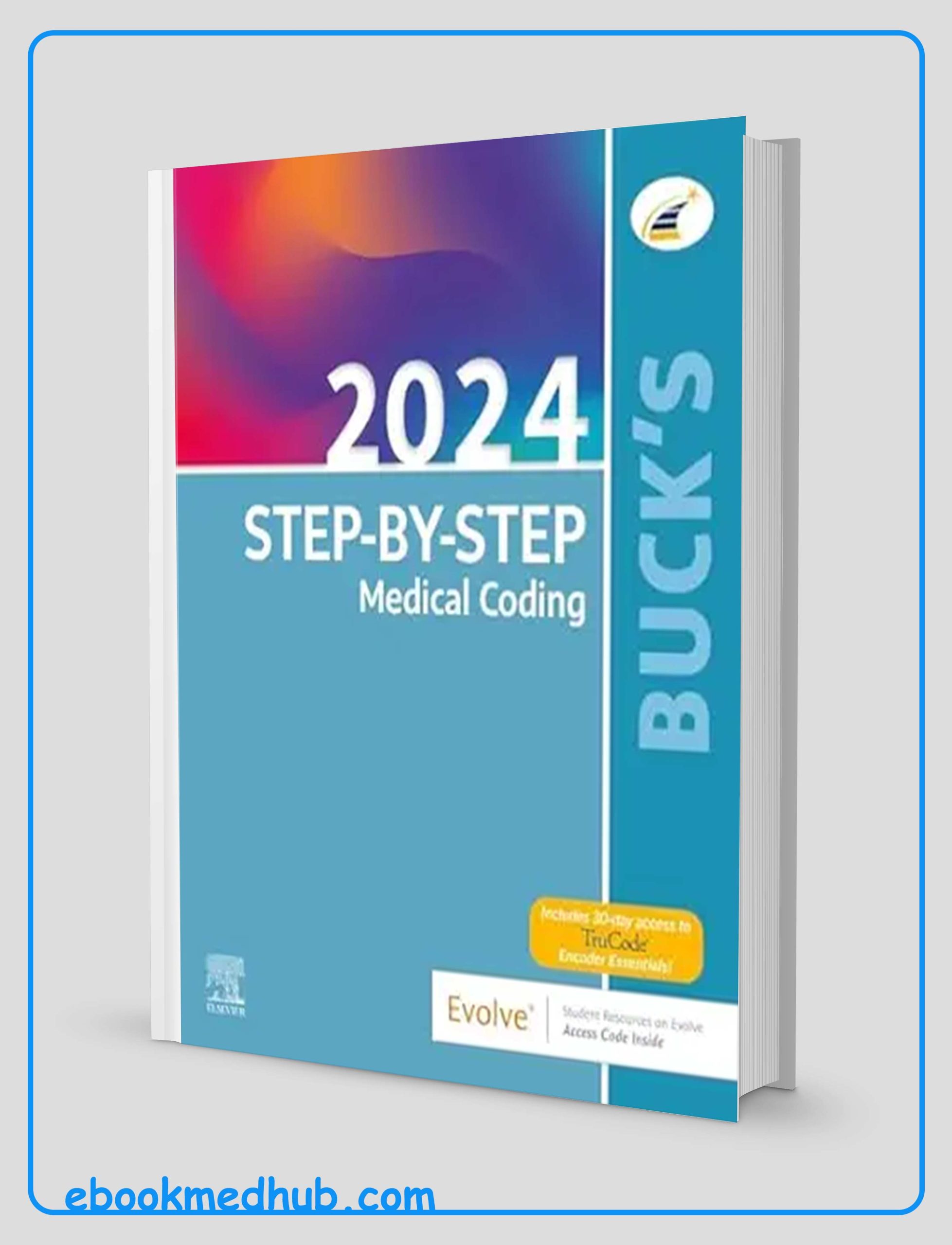





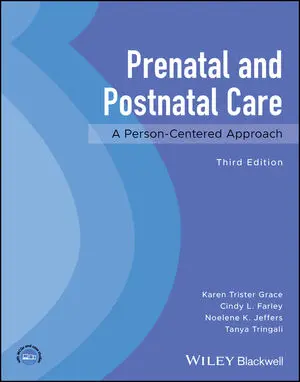






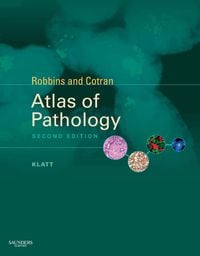
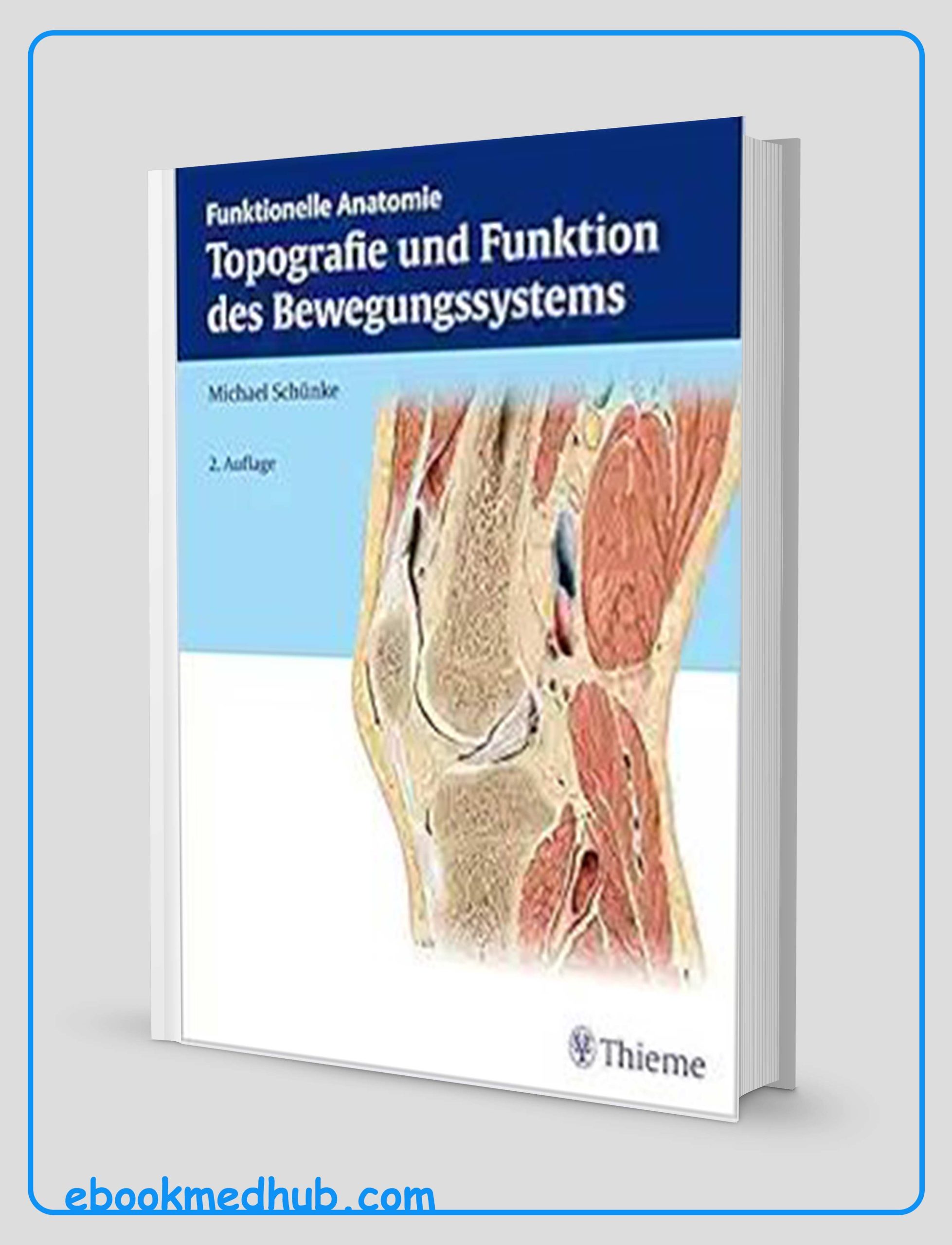
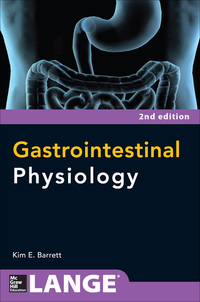


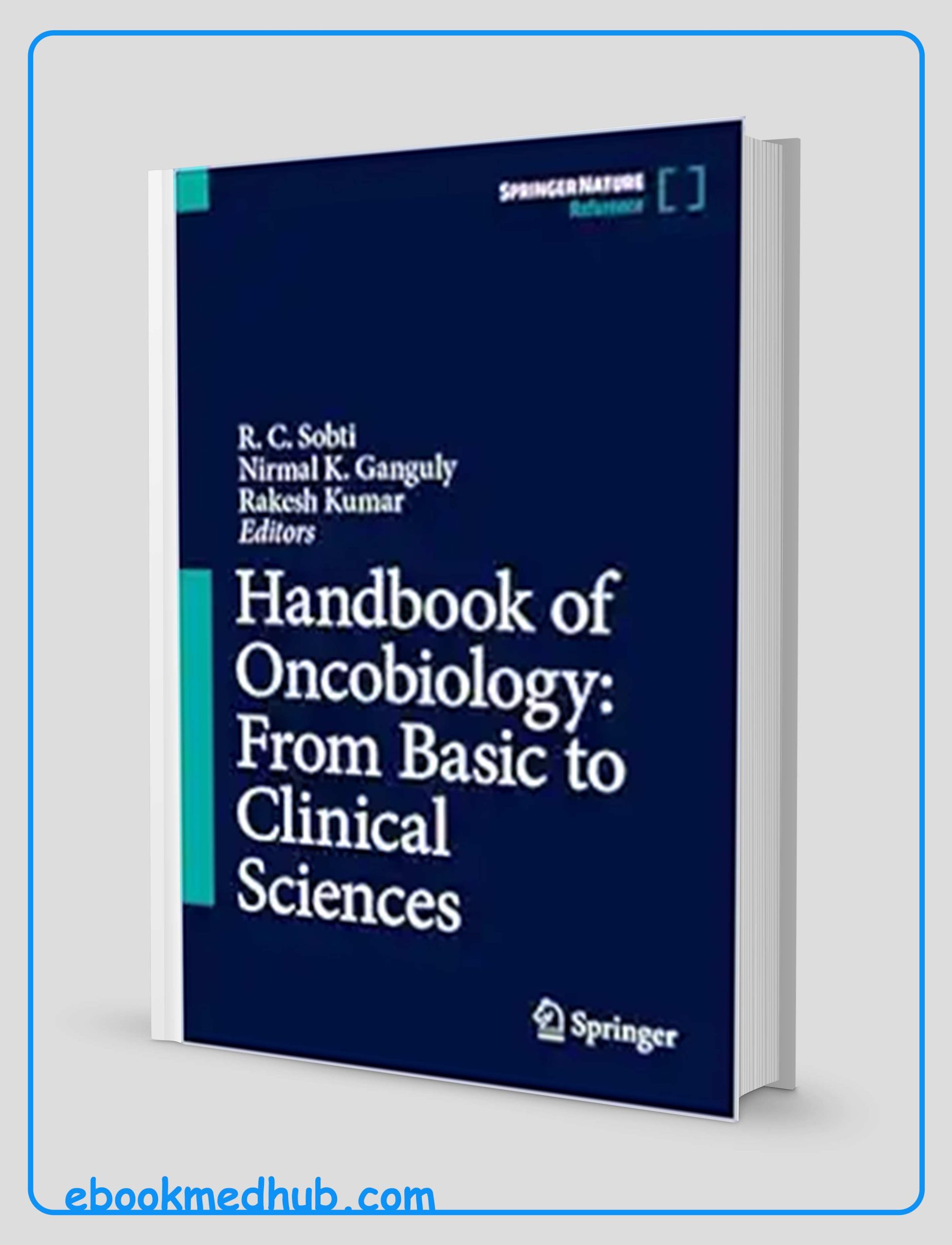






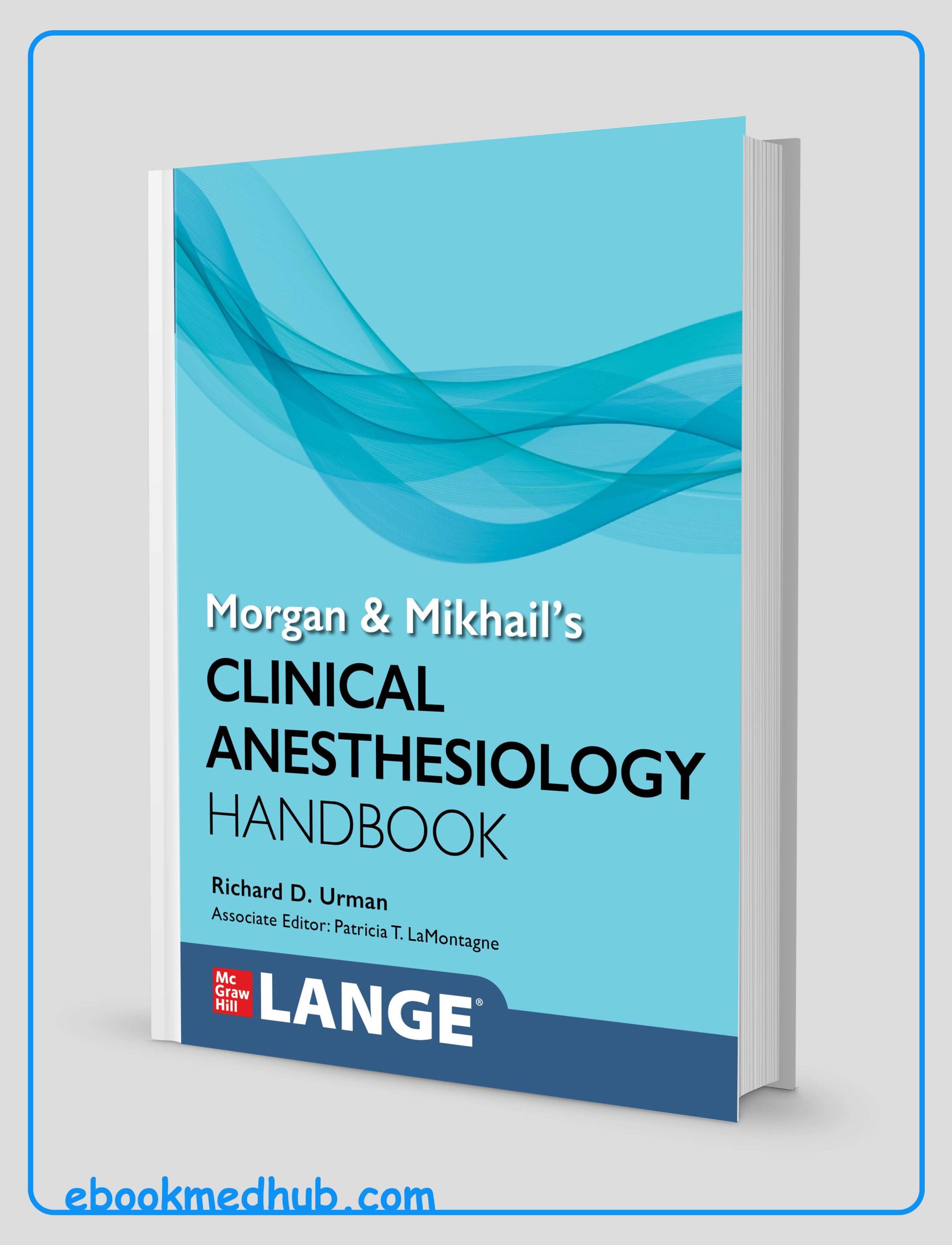
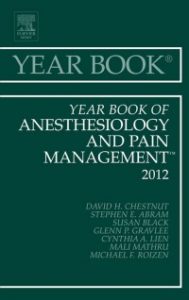


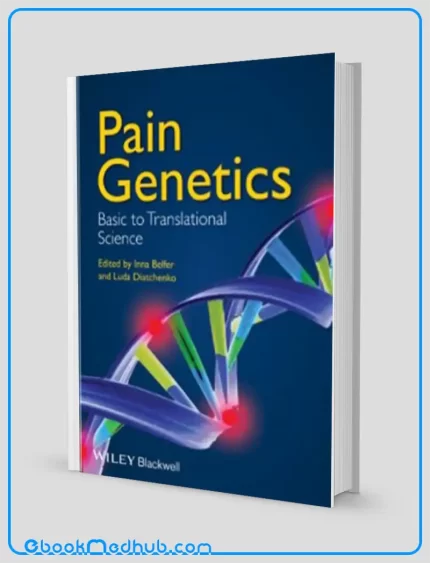
Reviews
There are no reviews yet.